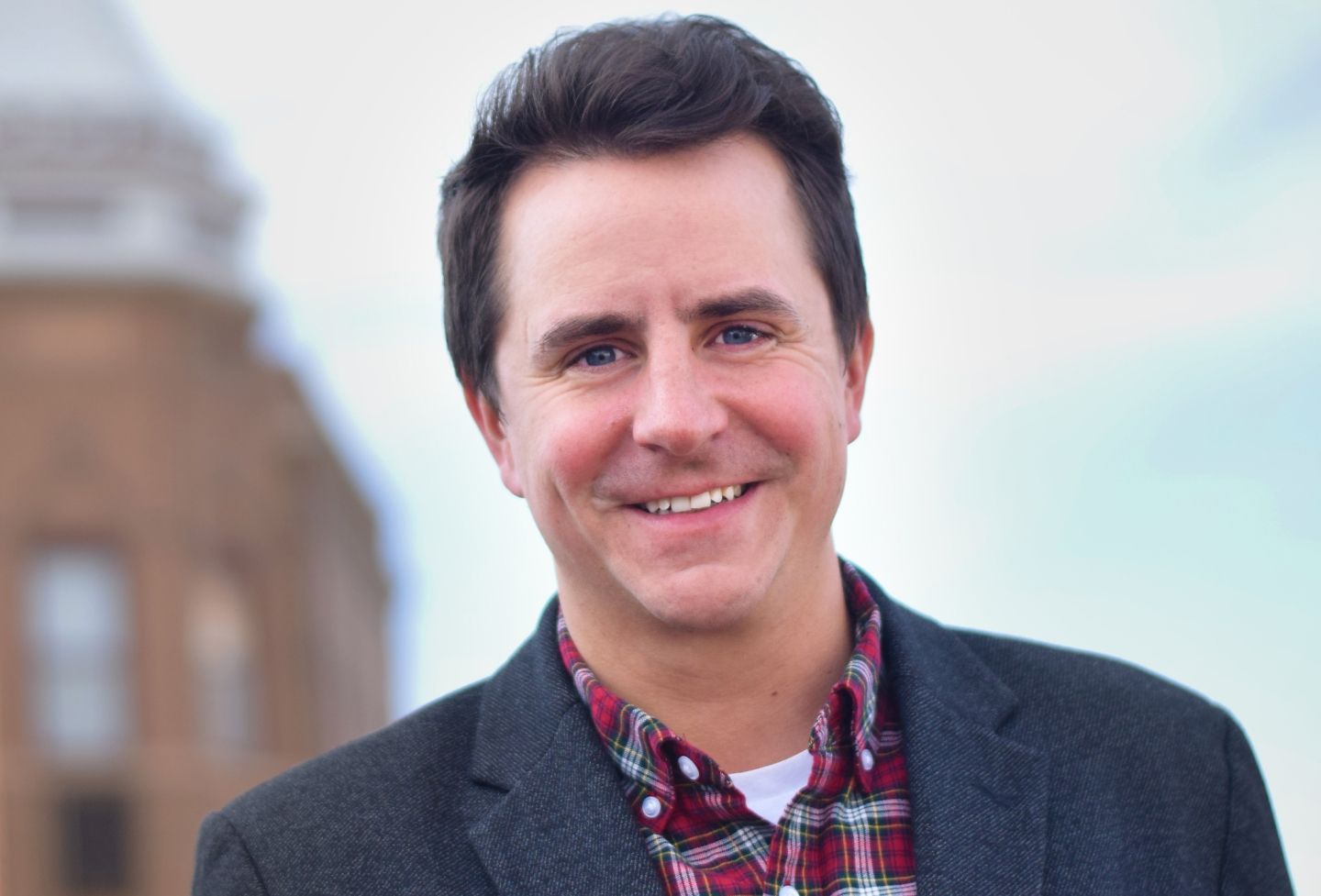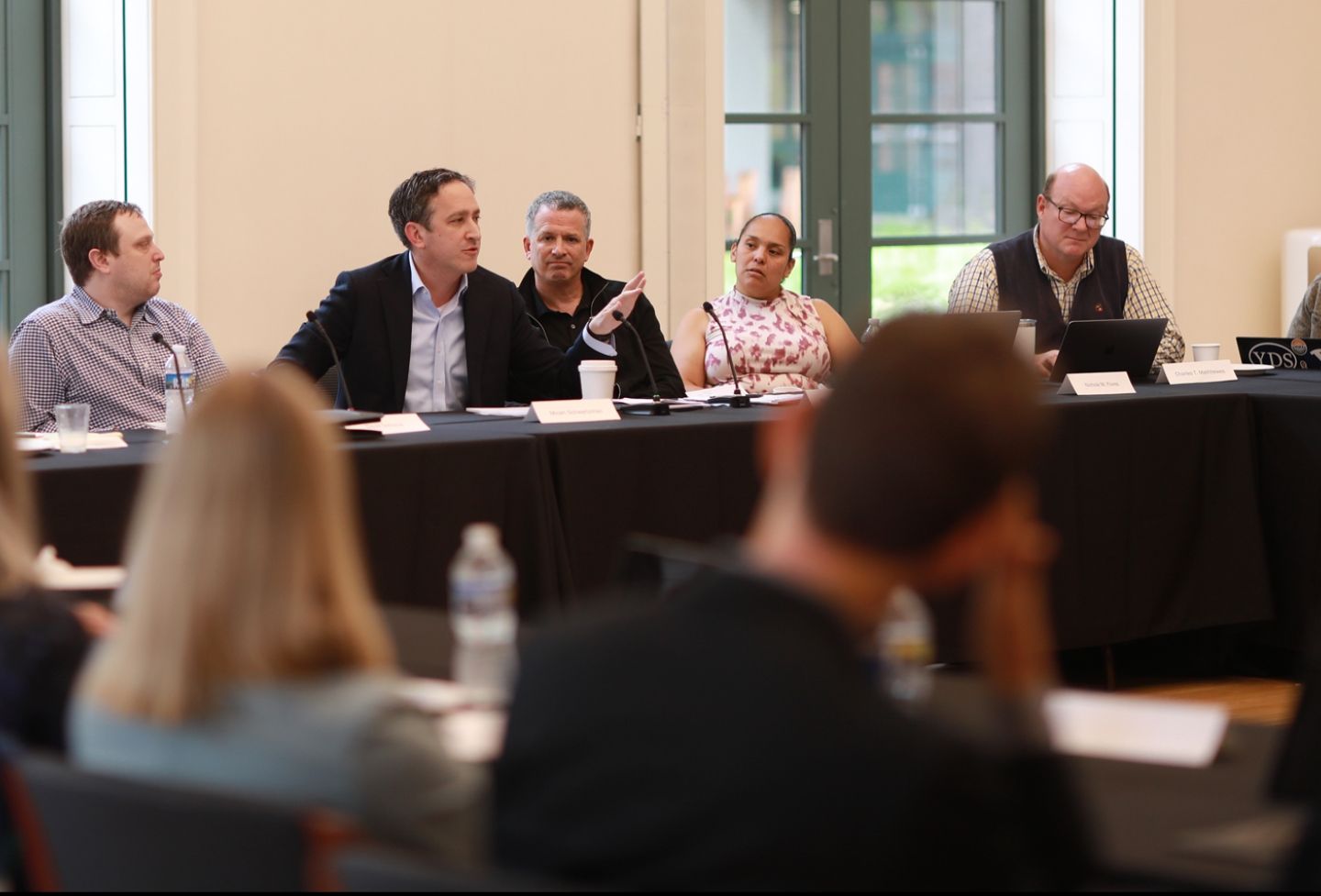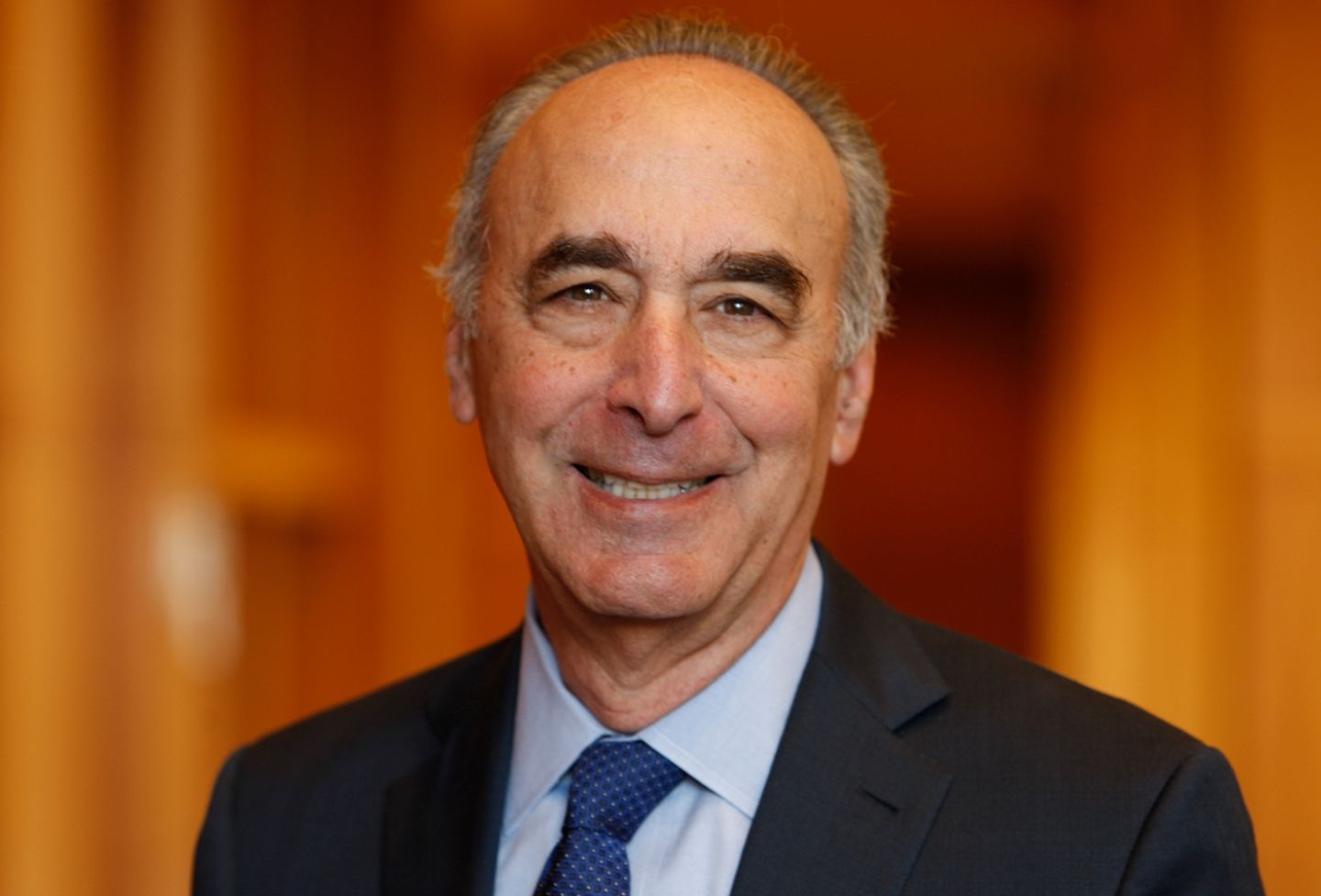Send Us Your News
To submit a class note, email us or submit mail to UVA Lawyer, University of Virginia School of Law, 580 Massie Road, Charlottesville, VA 22903. Please send your submissions no later than Feb. 1 for inclusion in the next issue.
1970
Charles H. Majors retired as director and nonexecutive chair of American National Bankshares after more than four decades on the board. While president of the Danville, Va., law firm Clement & Wheatley, Majors joined the board in 1981 as an independent director. In 1993, he became president of American National Bank.
John G. Milliken is currently a senior fellow in residence at the Schar School of Policy and Government at George Mason University, after more than five decades of service as a public official and private attorney.
Beginning in 1975, Milliken served as chief of staff to U.S. Rep. Joseph L. Fisher and was elected to the Arlington County Board in 1980, stepping down in the middle of his third term to serve as secretary of transportation under Gov. L. Douglas Wilder. During his years on the Arlington Board, he was a member of the Washington Metropolitan Area Transit Authority Board and the Transportation Planning Board of the Council of Governments. More recently, he served as chairman of the board of commissioners of the Virginia Port Authority under six Virginia governors, concluding his service in 2022.
He is co-editor of “The New Dominion—The 20th Century Elections that Shaped Modern Virginia,” which explores the demographic and economic changes that drove the transformation of the state’s politics.
Bell ’95, Edwards ’70 announce Retirement From Virginia General Assembly
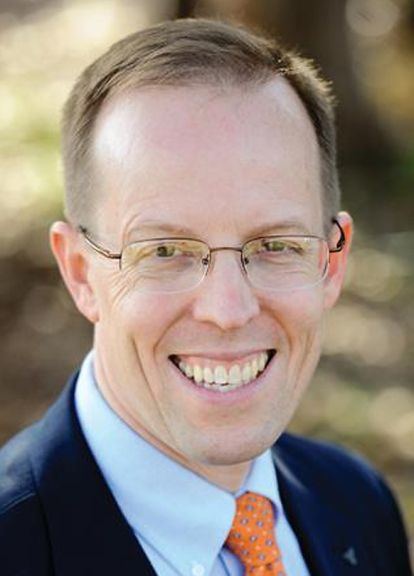
Rob Bell ’95 (Col ’88) and John Edwards ’70 announced their retirements from the Virginia House of Delegates and state Senate, respectively, after saying they would not seek reelection this year.
Bell resigned from the House in September after being appointed deputy attorney general for health, education and social services in the Virginia Office of the Attorney General.
“I have known Rob from our work together in the General Assembly, especially on the Courts of Justice Committee. I have a deep respect for his work ethic, intellect and knowledge of Virginia laws,” Attorney General Jason Miyares said in a statement. “I have confidence that he will work vigorously for the citizens of the Commonwealth.”
Bell, of Albemarle County, was first elected in 2001, chaired the House Courts of Justice Committee and Virginia State Crime Commission, and served on the state Behavioral Health Commission. He twice sought the Republican nomination for attorney general.
“It has been the honor of a lifetime to serve in the House of Delegates,” Bell said, announcing his retirement in February. “I want to thank the voters who allowed me to represent them in Richmond for the last 22 years.”
In a statement, Bell listed his political victories, including cracking down on repeat drunk drivers, keeping sex offenders off school property, criminalizing the distribution of “revenge porn,” establishing minimum standards for mental health care in state jails and coordinating jail-provided mental health services with community services after inmate release.
“[Bell and] I often came from opposite perspectives but worked hard to find common ground when we could,” state Sen. Scott Surovell ’96, a Democrat from Fairfax County, said on X, the platform formerly known as Twitter. “He’s an extraordinary legal mind who’s sacrificed much to serve—I will miss my sparring partner [and] wish him luck in his next endeavor.”
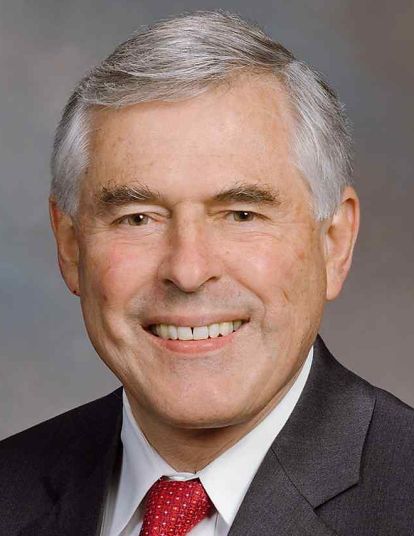
Bell had been an attorney at Davidson & Kitzmann in Charlottesville and served for five years as a state prosecutor in Orange County. Edwards, of Roanoke, was first elected in 1995 and has chaired the Senate Rules and Judiciary committees. He has also chaired the Virginia Code Commission, the Board of Trustees of the Roanoke Higher Education Authority and the Virginia War Memorial Board.
“I have thoroughly enjoyed my many years in the Senate and the honor and opportunity to improve the lives of my constituents and all Virginians,” he said in a statement in February announcing he would not run for reelection. His term ends in January.
Edwards’ accomplishments include sponsoring a measure establishing the Roanoke Higher Education Center and being instrumental in bringing Amtrak service to Roanoke. He twice sought the Democratic nomination for attorney general.
In 1993, Edwards was appointed to fill a vacancy on Roanoke City Council and was elected to a four-year term and as vice mayor in 1994. In 1980, President Jimmy Carter appointed Edwards as U.S. attorney for the Western District of Virginia. He served in the U.S. Marine Corps from 1971-73 as a judge advocate general, attaining the rank of captain.
At UVA Law, Edwards has been an adjunct professor in trial advocacy and was a writing instructor assistant to future U.S. Supreme Court Justice Antonin Scalia, an adjunct professor at the time.
“[Edwards] and I have very different views on many issues, but, more importantly, a shared love of the Roanoke Valley that allowed us to work together,” state Sen. David Suetterlein, a Republican from Roanoke County, said in a statement. “… I have great respect for Senator Edwards and thank him for his dedication to the Commonwealth and his service to the people of our region.”
Edwards practices at Edwards Law Firm in Roanoke.
—Mike Fox
1972
Howard E. Gordon was recognized in Virginia Business magazine as a “legal elite” in real estate land use law. Gordon practices with Williams Mullen in Norfolk, Va.
In Memoriam: Linda G. Howard ’73, Trailblazing Public Servant, Scholar
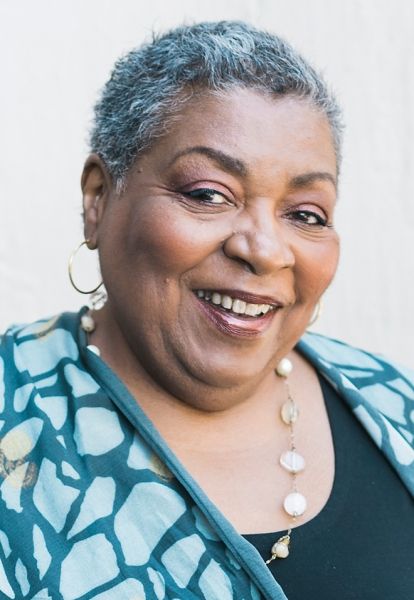
Linda G. Howard ’73, the first woman and first Black student to serve as president of the student council at the Law School, died Sept. 15 after a battle with breast cancer. She was 74.
Most recently, Howard served as general counsel and vice president of legal affairs for Landmark Worldwide. Her earlier career focused on academia and government service, from Congress to the White House to New York City’s law department.
“Linda Howard’s trailblazing life was marked by her major contributions to every institution of which she was a part. She was deeply committed to bringing people together and promoting inclusivity and understanding across differences,” Dean Risa Goluboff said.
Delivered by a Black doctor in a segregated hospital outside Richmond, Virginia, Howard grew up in Ettrick, a town centered around the historically Black Virginia State College (now Virginia State University). Her father was chairman of the college’s biology department and her mother was a math professor. The college chapel, she recalled, hosted cultural events that included the Joffrey Ballet and Duke Ellington.
“I had an educational experience that was unusual for young Black kids of the time because we had a state-of-the-art education available to us,” Howard said in a 2018 UVA Lawyer interview with Jianne McDonald ’19, who was then president of the Black Law Students Association. “And surrounding us, of course, was a white community. My upbringing was very much in a Black-only environment.”
At 13, her life became integrated when she moved to Massachusetts to attend a boarding school. There she met students from Africa, Hong Kong, Europe and South America, and helped establish an affiliate school in Europe during her junior year.
In 1966, she enrolled at Reed College in Oregon, and majored in math. “Life was in our faces” in those “tumultuous” years, she said in remarks to Reed’s graduating class of 1997. The assassinations of Martin Luther King Jr. and Sen. Robert F. Kennedy ’51 and the Watts riots in Los Angeles all occurred before she started her junior year.
But those years also taught her how to “engage with people whose beliefs and experiences are different from my own, and I gained a profound respect for the other fellow’s point of view,” she said in the Reed remarks.
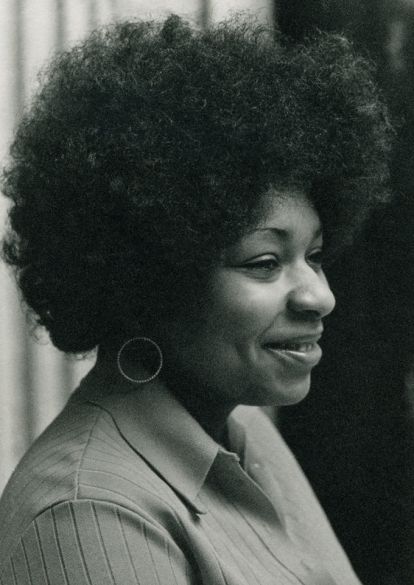
When she returned to Virginia to attend law school in 1970, the number of female students was growing, the school had the most Black students that had ever enrolled, and several veterans joined the class after returning from the Vietnam War. At the same time, Howard said in the interview, the school lacked Black professors and social events seemed to divide along class lines. She ran for student council president to help unite the community.
She worked with administrators and law enforcement to allow alcohol in Clark Hall—not for the purpose of drinking, but for the broad-based social engagement it would promote.
“On March 17, 1972, we had a St. Patrick’s Day party in Mural Hall to which all the students and all the faculty were invited, and we served green beer,” Howard said in her 2018 UVA Lawyer interview. “For me it was really bringing together the law students and the faculty in a social commonality such that everyone had a sense of belonging.”
After graduating, Howard worked in Washington as a staff attorney for the U.S. Department of Transportation, a legislative assistant for Sen. Lloyd Bentsen and acting director of a White House task force on women under Jimmy Carter. She later taught evidence, legislation and sex-based discrimination as a tenured professor at Ohio State’s law school before moving to New York City to serve as counsel to Donna Shalala, who was president of Hunter College at the time. Howard has also worked as an attorney for New York City, and as a solo practitioner and a civil rights lecturer on speaking tours to New Zealand, India and Japan.
At Hunter College during the 1980s, Howard worked with Shalala to create an affirmative action program that dramatically increased the number of professors of color, and she drafted the school’s first sexual harassment policy. In 2007, while at her solo practice, Howard wrote “The Sexual Harassment Handbook.”
She returned to the Law School to address the Class of 2019, her remarks inviting them “to stand for something that is important to you, something bigger than yourself and bigger than your own comfort and your own personal success and gratification.”
Due to her illness, Howard missed her 50th UVA Law reunion this year—only the second such reunion she ever missed.
—Melissa Castro Wyatt
1976
Renee E. Ring, chief operating officer of Environmental Financial Consulting Group, and her husband, EFCG founder Paul Zofnass, received the John C. Whitehead Social Enterprise Award from the Harvard Business School Club of New York at their leadership dinner in April.
Stanley A. Twardy Jr. was selected as the second recipient of the 2023 Richard Law Award, which honors those who have rendered exemplary service to the federal court of Connecticut. Twardy is a leading corporate litigator who previously served as U.S. attorney for the District of Connecticut, chief of staff to former Connecticut Gov. Lowell P. Weicker Jr. ’58 and managing partner of Day Pitney.
1977
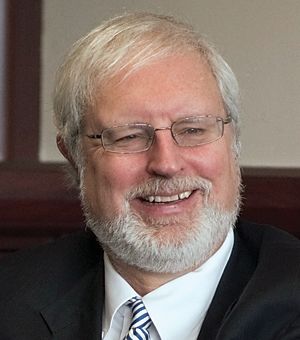
David Logan retired from the Roger Williams University School of Law in the spring. Logan served as dean for 11 years, from 2003-14, which at the time made him one of the longest-serving law deans in the country. Thereafter he taught torts and seminars on free speech and civil rights.
Before joining Roger Williams, Logan was a tenured professor at Wake Forest University School of Law, where he won teaching awards and published in leading law reviews. He has held visiting positions at nine other law schools, including Arizona, Florida State, North Carolina and Texas.
Logan has taught more than 4,000 students over more than four decades of legal education. He won the Deborah Rhode Award for Public Service and Pro Bono Leadership from the Association of American Law Schools, as well as awards from the Providence NAACP, Rhode Island Legal Services, and Rhode Island for Community and Justice for his efforts to diversify the bench and bar in Rhode Island.
Logan is a nationally recognized expert in the law of defamation. His scholarship has been cited multiple times by the Supreme Court, and he is regularly sought out by national media for his commentary, most recently in Dominion Voting Systems vs. Fox News.
1979
John Head continues his teaching and research in international and comparative law as a member of the law faculty at the University of Kansas.

